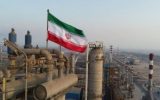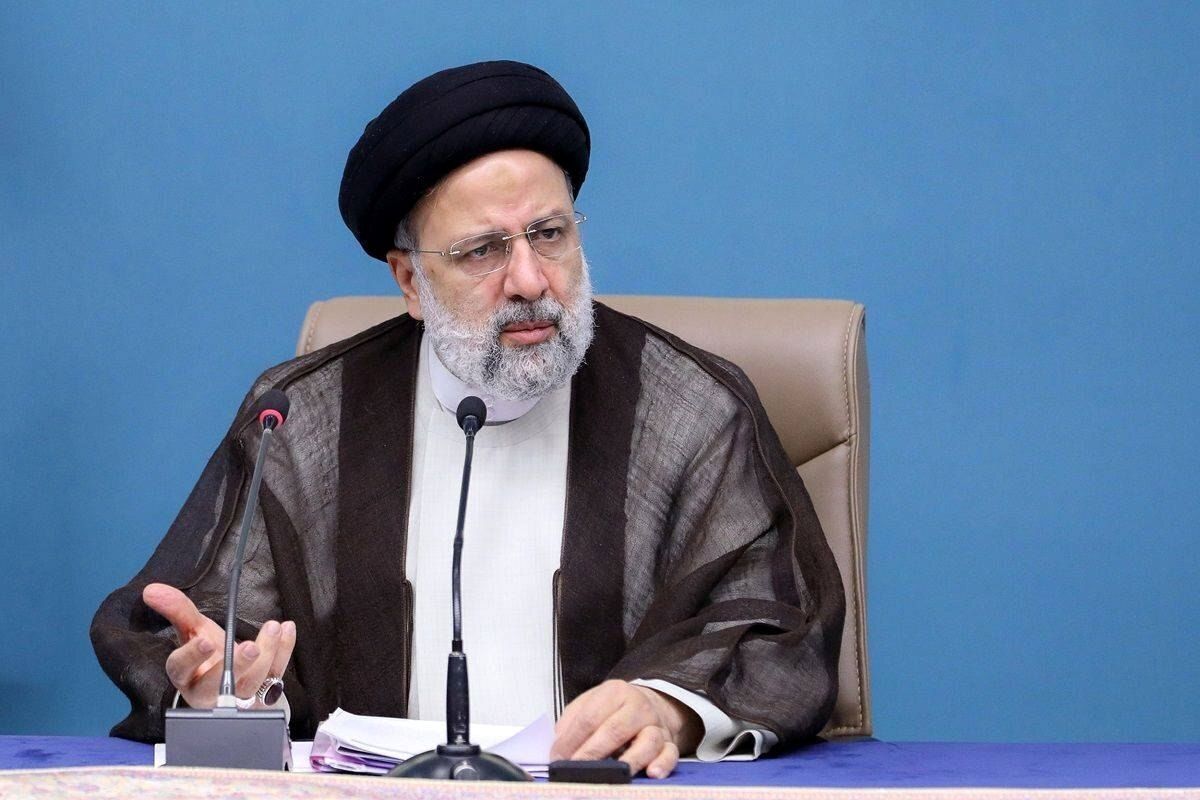
Mismanagement brought petrochemical production to zero
Production in Khorasan, Lordegan, Kermanshah, Zagros, Sabalan, Kimia Pars, and many other urea and methanol petrochemical plants has dropped to zero; why? Because the only prescription of all governments to overcome the gas crisis is to close the gas valve of petrochemical plants.
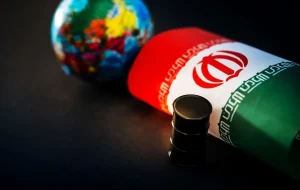
Growth in oil production and exports despite economic recession
Central Bank statistics indicate a 1.1% growth in oil production and exports in the first half of 1404; a growth achieved during an economic recession and alongside a 0.6% decrease in the country's gross domestic product.

The Yellow Dragon’s Addiction to Iranian Oil / Billion-Dollar Savings for Chinese Refineries
Estimates by the Kepler Institute show that China purchased over 80% of Iran's exported oil in 2025, with daily imports averaging around 1.38 million barrels, equivalent to approximately 13% of China's total seaborne oil imports.
آخرین اخبار

Energy Commission member: Winter fuel reserves have improved compared to last year
A member of the Energy Commission of the Islamic Consultative Assembly said: A meeting of the headquarters to eliminate imbalances on the issue of energy supply and winter fuel was held with the presence of the deputy ministers of oil and energy.

Tavakoli: Energy imbalance in winter will be controlled by managing fuel and reserves
The CEO of the National Iranian Gas Company emphasized the need for industry standardization to prevent virtual gas exports and said: "By changing the fuel mix and predicting fuel diversity with the management carried out by the Ministry of Oil, we hope to be able to implement the best fuel management in the network."

Saving 1.7 billion cubic meters of gas in the petrochemical industry over the last four years
The Director of Energy Consumption Optimization at the National Petrochemical Industries Company announced that 1.7 billion cubic meters of gas have been saved by implementing optimization projects in the last four years.

Increasing oil production capacity in South Azadegan with the launch of a new well by Petropars
By launching Fahlian Well No. 52 in the South Azadegan Field, Petropars Group increased the country's daily oil production by 3,000 barrels, bringing the field's capacity to 61,900 barrels per day.
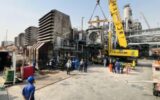
Major repairs have begun at Pars Petrochemical production units
Major repairs to the ethylbenzene and styrene monomer units and emergency repairs to the ethane extraction unit of Pars Petrochemical Company have begun.

From reckless policymaking to official warning to petrochemicals; Iran’s propylene market at risk
Despite the special capabilities in developing the propylene value chain, due to excessive licensing and lack of sound policymaking by the National Petrochemical Company, this market is becoming saturated and is on track to suffer a similar fate to methanol production units.
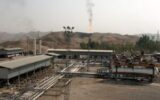
Increasing oil production capacity by launching a mobile desalination unit in the fields of the west of the country
The executor of the Cheshmeh Khosh, Dalpari, and Paydar Shargh oil fields development plan said: The pre-launch operation of the first mobile desalination unit in Iran's oil industry has begun, opening a new path to increase production capacity and facilitate the processing of salt oil in the country's oil fields.
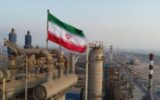
Get to know one of the most modern refineries in Iran, Bandar Abbas Oil Refinery
Bandar Abbas Oil Refining Company, as one of the 10 largest refineries in the country, plays a key role in providing Iran with the energy and products it needs. The refinery was built on an area of about 770 hectares, 20 kilometers west of Bandar Abbas city and on the northern shore of the Persian Gulf, and went into operation in 1997 with an initial capacity of 232,000 barrels per day.

Iran’s electricity is caught in false pricing; power plants don’t even cover their maintenance costs
The CEO of Jamco said: "The electricity economy in Iran is paralyzed; power plants are not even making ends meet for their repairs, let alone building new ones." He warned that incorrect electricity pricing has caused investors to flee the sector and that the electricity imbalance is deepening every year.

Iran’s petrochemical capacity will reach 131 million tons by the end of the Seventh Plan
The Director of Planning and Development of the National Petrochemical Industries Company said: "By the end of the Seventh Plan, we will reach a capacity of 131 million tons at the end of the plan, and we will reach these capacities."



